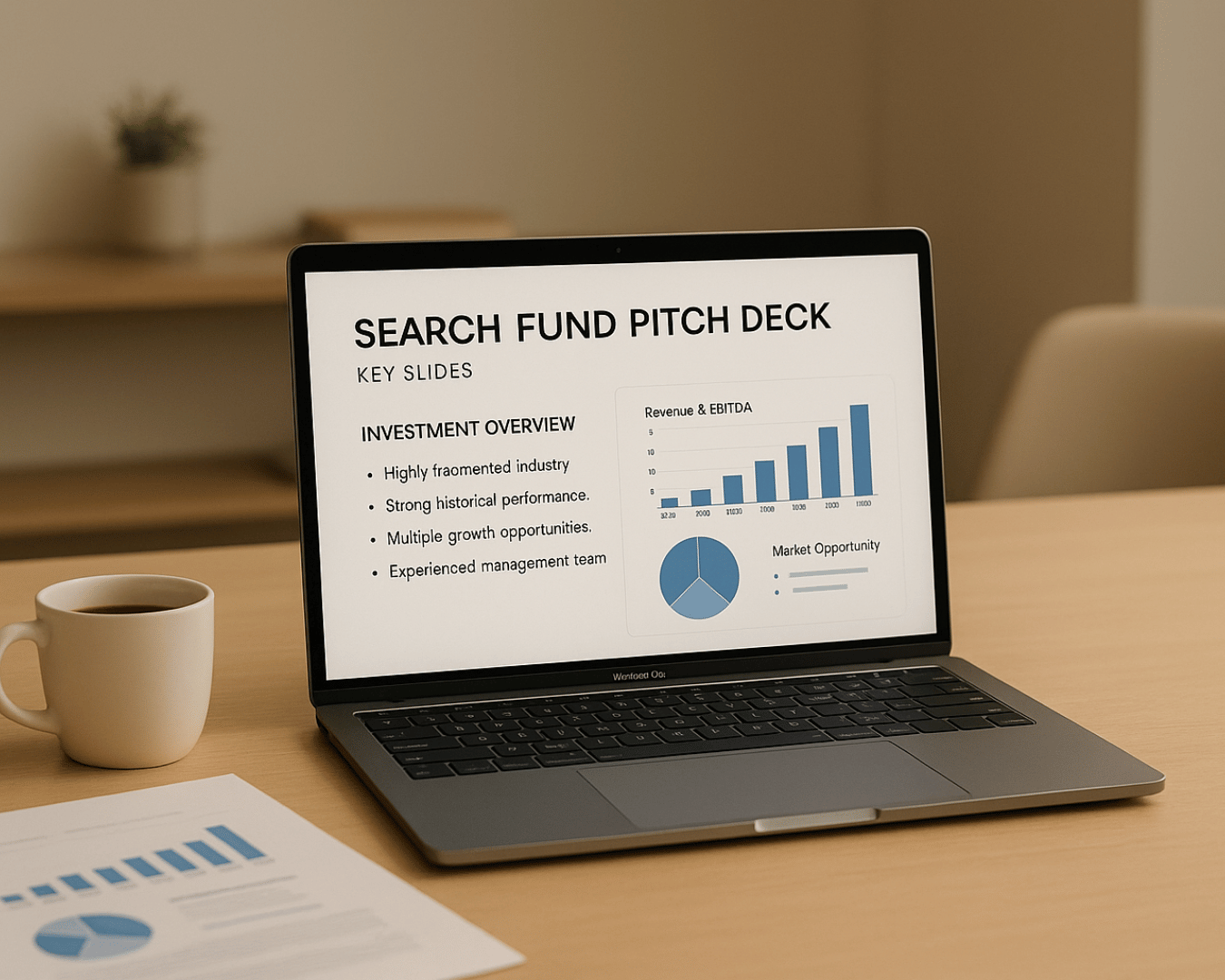Brokers simplify and speed up business acquisitions by managing deal flow, from finding opportunities to closing deals. Here's how they help:
- Organize Listings: Create detailed, structured business listings to attract buyers.
- Protect Confidentiality: Use secure NDAs and data rooms to handle sensitive information.
- Screen Opportunities: Evaluate businesses using financial metrics, market trends, and buyer preferences.
- Leverage Networks: Tap into connections with business owners, attorneys, and advisors for early access to deals.
- Use Digital Tools: Employ advanced search, dashboards, and deal hubs to streamline processes.
- Guide Due Diligence: Help buyers verify financials and operations while maintaining confidentiality.
- Negotiate Terms: Assist with structuring deals, payment terms, and transition plans.
Key Benefit: Brokers combine expertise, networks, and technology to ensure smooth, efficient transactions, helping buyers and sellers achieve their goals.
A Broker Can Make or Break Your Business Deal
Finding Quality Business Opportunities
Brokers don't just rely on organized listings and deal monitoring. They tap into their industry connections and use cutting-edge digital tools to discover strong business opportunities.
Building Industry Networks
Brokers establish valuable relationships with:
- Business owners considering selling
- Professionals within the industry
- Financial advisors and accountants
- Business attorneys with specialized expertise
These connections often provide early access to opportunities not listed publicly.
"Networking is one of the biggest struggles I have seen other companies have troubles with. Teaming up with Samson and clearly acquired helped me connect the dots with other industries." - Andrew Meredith [1]
Digital Tools and Databases
Modern brokers leverage digital platforms to make the process more efficient. Some of the tools they use include:
| Tool | Function |
|---|---|
| Advanced Search | Helps filter and refine listings |
| Interactive Dashboards | Tracks opportunities in real time |
| Automated NDAs | Simplifies confidentiality management |
| Deal Hubs | Centralizes deal management |
| Data Rooms | Facilitates secure document sharing |
These tools work hand-in-hand with traditional networking methods to improve deal sourcing.
Direct Business Owner Contact
Brokers keep strong relationships with business owners by:
- Checking in regularly with owners who’ve previously shown interest in selling
- Using market insights to identify owners likely to sell based on trends
- Having private, confidential conversations about potential transitions
- Clearly explaining the broker's role and value in the selling process
Screening and Analysis Process
Brokers follow a structured screening process to save time and resources while increasing the chances of a successful transaction.
First-Level Review
The process starts with a quick evaluation of a business's key characteristics to determine if a deeper analysis is warranted. Brokers look at factors like:
- Business model stability
- Position within its industry and market trends
- Revenue history and consistency
- Owner's reasons for selling
- Location and physical assets
- Current operational condition
This step helps identify any immediate concerns and narrows the focus to businesses that align with a client's goals.
Financial Analysis and Valuation
Analyzing financial data is essential for assessing a deal's potential. Brokers review key metrics such as:
| Financial Metric | Focus of Analysis |
|---|---|
| Revenue Trends | Performance over the past 3–5 years |
| Profit Margins | Stability of gross and net margins |
| Cash Flow | Working capital needs |
| Asset Quality | Condition and value of equipment |
| Customer Base | Risks related to revenue concentration |
| Growth Rate | Year-over-year performance |
Once the financial review is complete, brokers match opportunities with the right buyer profiles.
Matching Buyers with Businesses
Brokers ensure a strong match between buyers and businesses by evaluating three key areas:
-
Investment Criteria
They assess whether the business fits the buyer's preferences, such as industry focus, size, and geographic location. -
Operational Compatibility
Brokers check if the buyer’s skills and experience align with the business's operational needs. This includes considering management requirements, technical knowledge, and industry expertise. -
Financial Feasibility
They analyze if the buyer has the financial resources to make the purchase. This includes reviewing available capital, working capital needs, financing options, and expected return on investment.
Tools like Clearly Acquired help brokers streamline this process by offering advanced verification features and organized financial analyses. These platforms make it easier to present well-vetted, high-quality business opportunities to qualified buyers.
sbb-itb-a3ef7c1
Managing the Deal Process
After completing the screening and analysis phase, brokers take charge of managing the deal process to close transactions. With thoroughly vetted opportunities in hand, they follow clear steps to guide each stage of the deal.
Privacy and Legal Steps
To protect sensitive business information, brokers rely on technology like automated NDAs, secure data rooms, and strict user verification systems. These tools ensure confidentiality while keeping the deal process efficient.
Due Diligence Support
Brokers play an essential role in guiding both buyers and sellers through due diligence. Their involvement includes:
| Due Diligence Area | Broker's Role | Impact |
|---|---|---|
| Financial Review | Organize and present detailed financial records | Speeds up verification of revenue and profit claims |
| Operations Analysis | Arrange site visits and management interviews | Provides a thorough understanding of business operations |
| Document Management | Oversee access and track document reviews | Protects data while ensuring smooth information flow |
Brokers also monitor activity within deal rooms, tracking document access and promptly addressing inquiries. This hands-on approach keeps the process moving and ensures all necessary verifications are completed.
Deal Terms and Structure
Once due diligence is complete, brokers focus on negotiating and finalizing the deal terms. Their expertise helps with:
- Drafting purchase agreements that safeguard both parties
- Facilitating discussions around payment terms and transition periods
- Collaborating with legal and financial advisors
- Managing schedules to maintain momentum
Brokers use deal management platforms to oversee progress, maintain communication between all parties, and ensure everything stays on track.
Working Well with Brokers
Broker Knowledge and Skills
Experienced brokers play a crucial role in acquisitions by using their market expertise, valuation skills, and deal structuring capabilities. They also rely on advanced digital tools to enhance their services. Here's how their expertise impacts the process:
| Skill Area | Deal Flow Impact | Buyer Benefit |
|---|---|---|
| Market Analysis | Provides accurate business valuations using current data | Identifies fairly priced opportunities |
| Deal Structure | Navigates financing options and terms effectively | Optimizes transaction terms for all parties |
| Technology | Uses real-time analytics to improve decisions | Speeds up and enhances the deal process |
| Network Access | Taps into connections with lenders and experts | Offers better financing options and professional support |
Buyer-Broker Team Tips
To make the most of a broker's skills, building a strong partnership is essential. Clear communication and collaboration are key. Here are some tips:
- Set Clear Parameters: Define your acquisition goals, including industry focus, business size, and financial criteria. Agree on preferred communication methods and response times.
- Drive Deal Momentum: Schedule regular check-ins to keep things moving. Respond quickly to document requests and inquiries.
- Refine the Process: Provide detailed feedback on potential opportunities. Work with your broker to adjust search criteria as your preferences evolve.
"Networking is one of the biggest struggles I have seen other companies have troubles with. Teaming up with Samson and clearly acquired helped me connect the dots with other industries." - Andrew Meredith [1]
Once you've established a strong working relationship, the next step is to choose the right broker.
Choosing the Right Broker
The right broker combines industry knowledge with modern tools and a strong network. When evaluating brokers, consider these factors:
- Verified networks connecting buyers and sellers
- Use of advanced, secure platforms
- Proven success in closing deals
- Access to high-quality listings across various industries
- Strong relationships with lending institutions
A broker with the right mix of expertise and technology can greatly improve your chances of finding and closing the perfect deal efficiently.
Conclusion: The Impact of Broker Support
Broker support plays a key role in managing deal flow by combining expertise, modern tools, and extensive networks. Broker-led platforms facilitate over $6.5 million in monthly sales [1], showcasing the powerful effect of professional deal management. This highlights how brokers contribute to smoother, more efficient transactions.
Their approach increases market visibility, expands access to opportunities, and provides expert guidance throughout the entire process. By simplifying deal flow, brokers ensure transactions move efficiently from start to finish. A great example is Mountain West Disposal's 2024 transaction, which highlights how broker expertise can deliver measurable results [1].
"Another valuable component I receive is guidance around financing a business acquisition. They're not only knowledgeable about SBA options but also offer invaluable insights and experience in creative financing strategies that help get deals across the finish line - especially valuable for someone making their first acquisition. They size up deals and leverage their network of lending institutions to find the best possible options, which makes me feel confident that I have the highest probability of closing. Managing this while holding a full-time job is far more feasible with their help every step of the way." - Derrick Weidenaar [1]
Brokers address challenges like information gaps, valuation complexities, and confidentiality concerns. With tools like secure data rooms, automated systems, and streamlined workflows, they transform traditional deal management into a more efficient, tech-driven experience that benefits everyone involved.











%20%20Process%2C%20Valuation%20%26%20Legal%20Checklist.png)



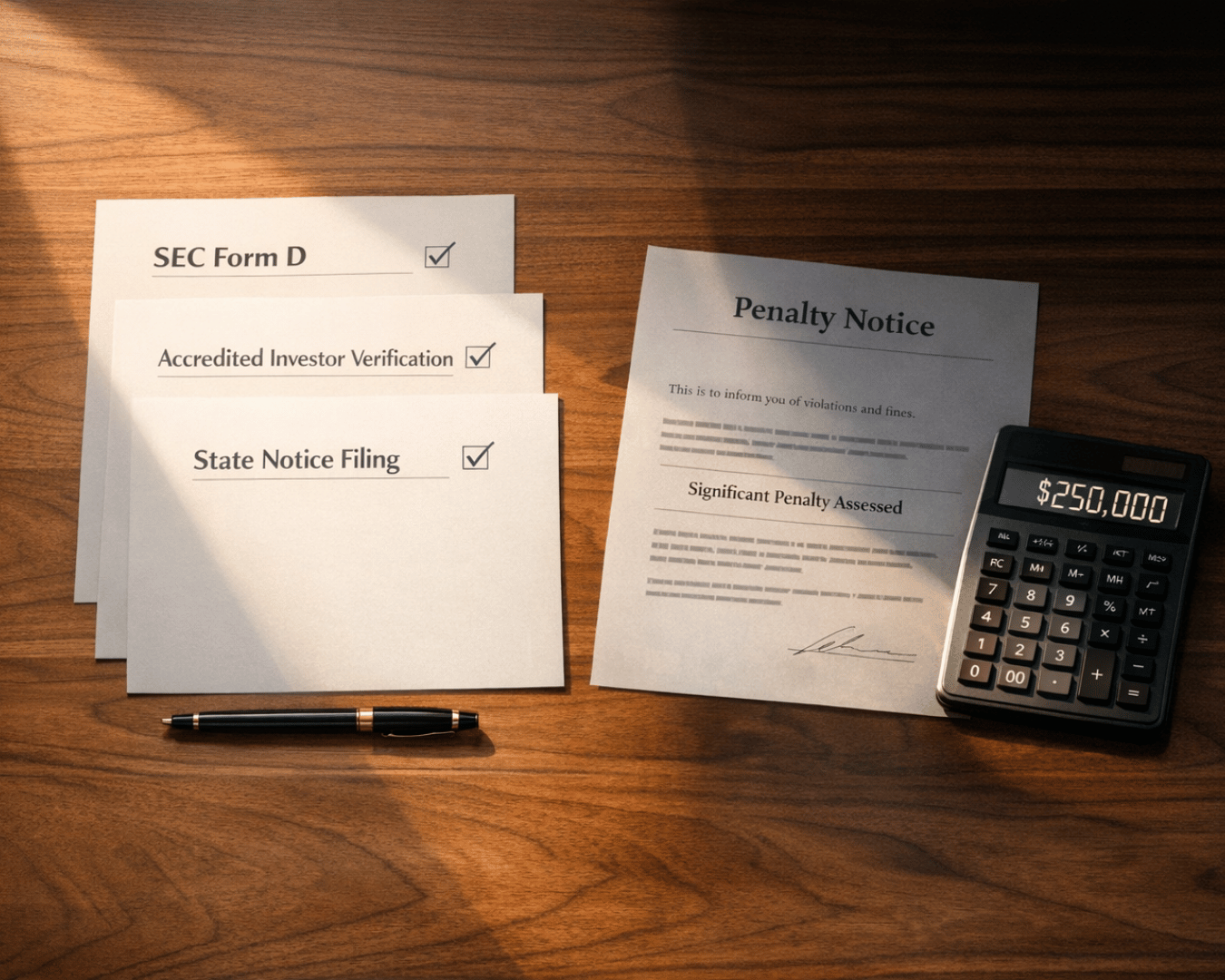







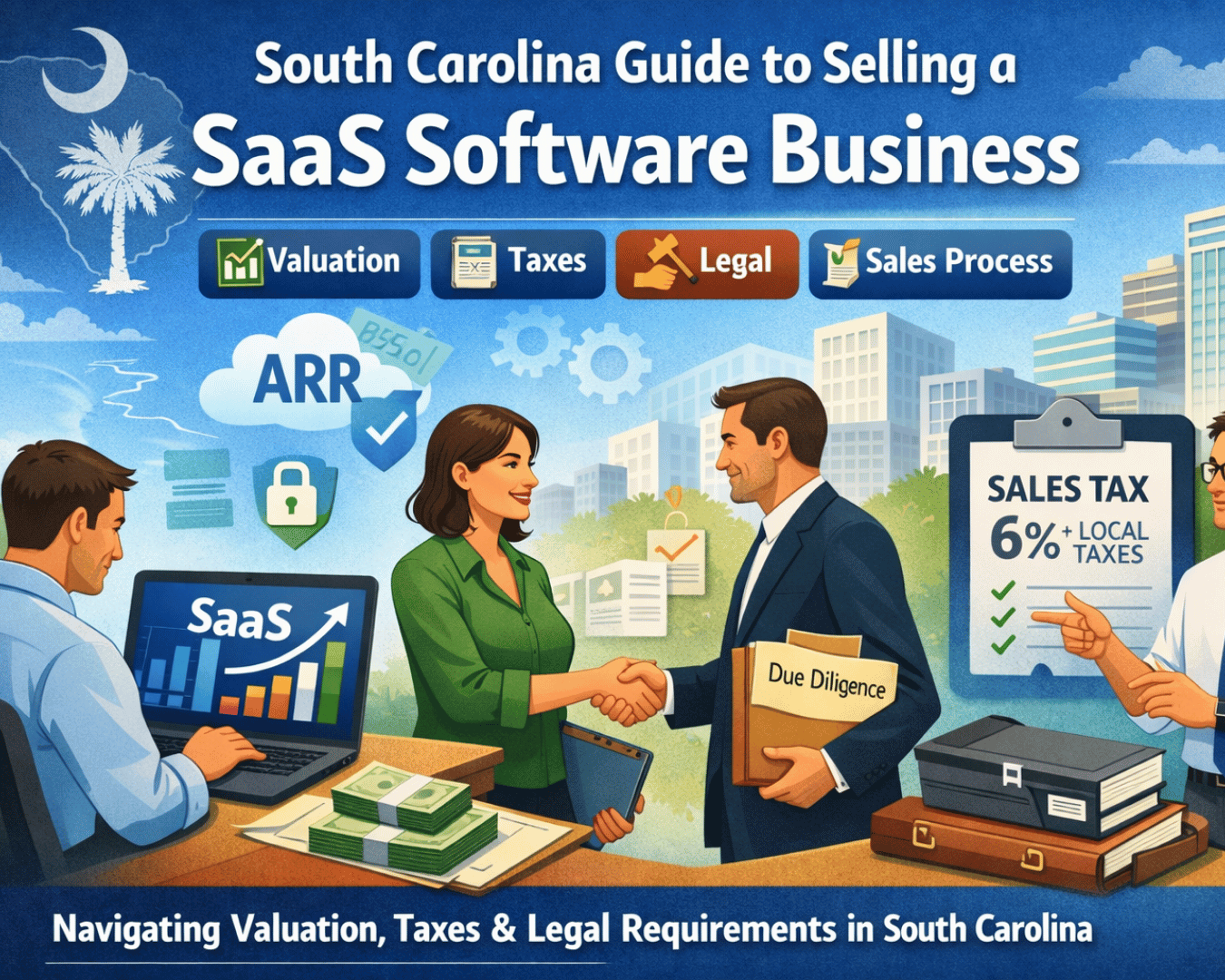








%20in%20a%20%2420M%20Sale..png)
%20vs.%20Conventional%20Loans%20for%20business%20acquisition.png)






















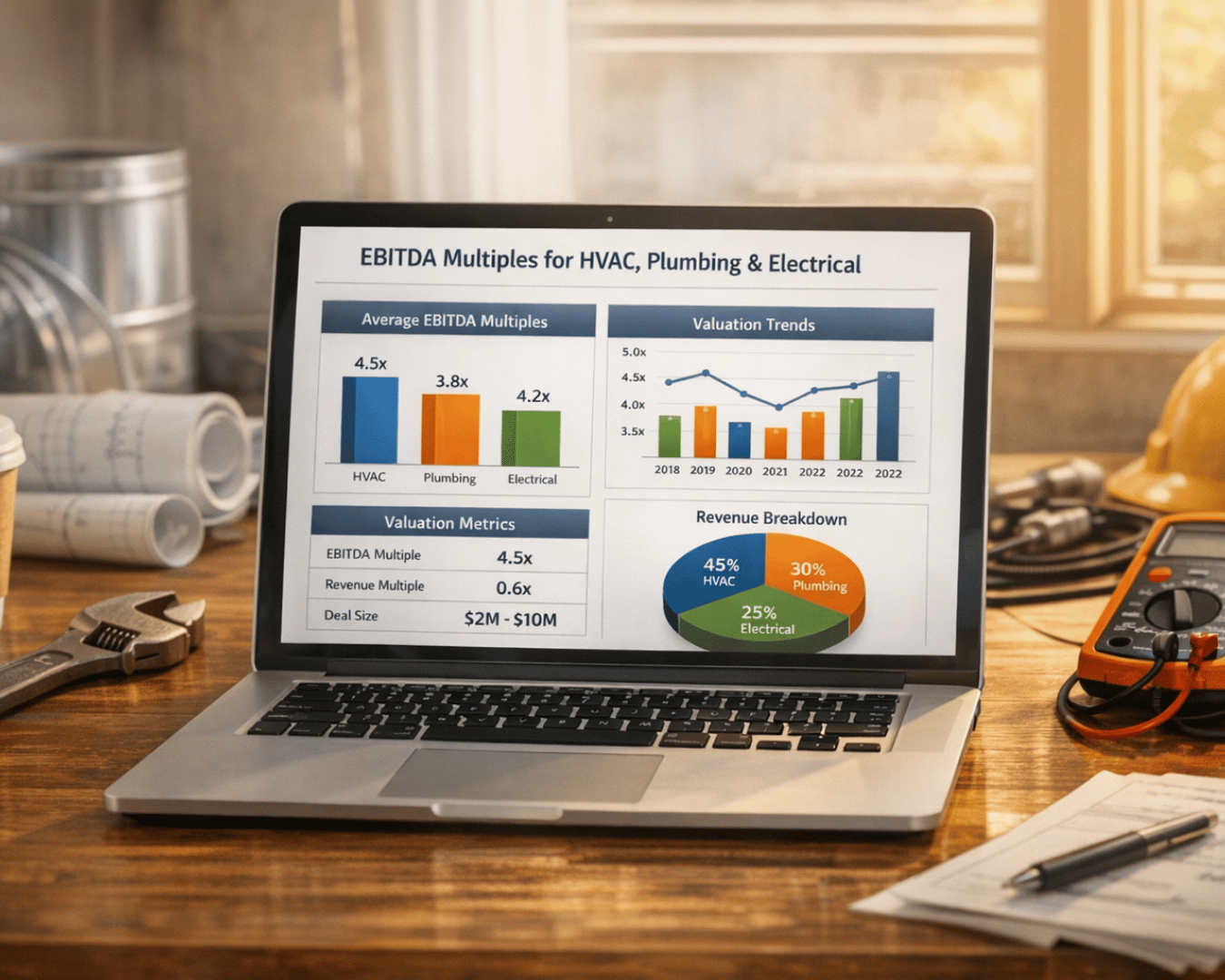
.png)


.png)
.png)

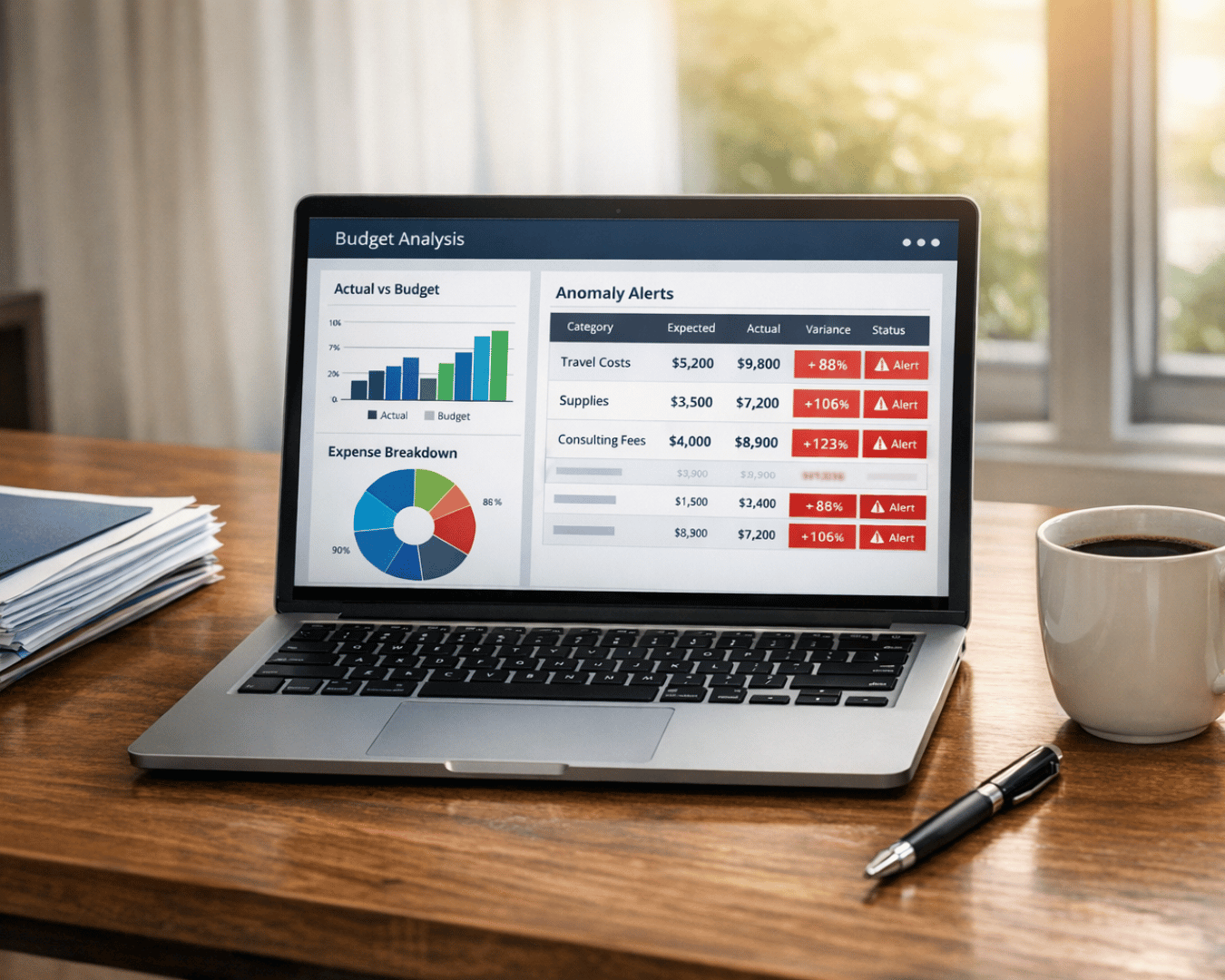
































.png)
